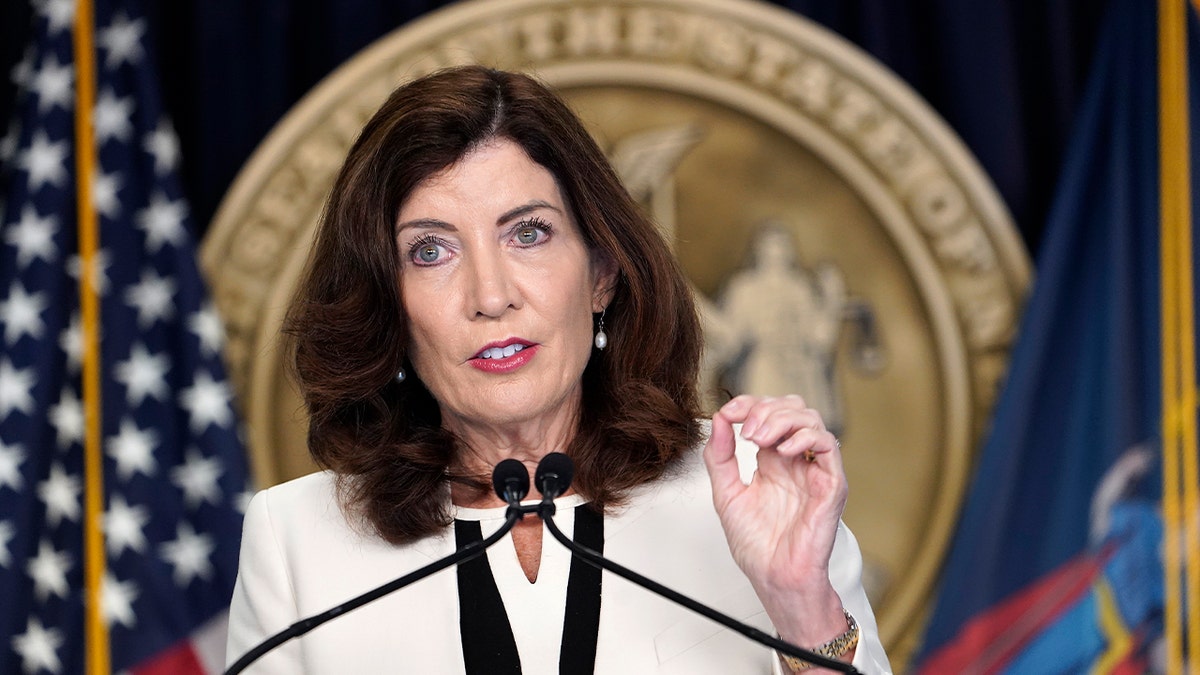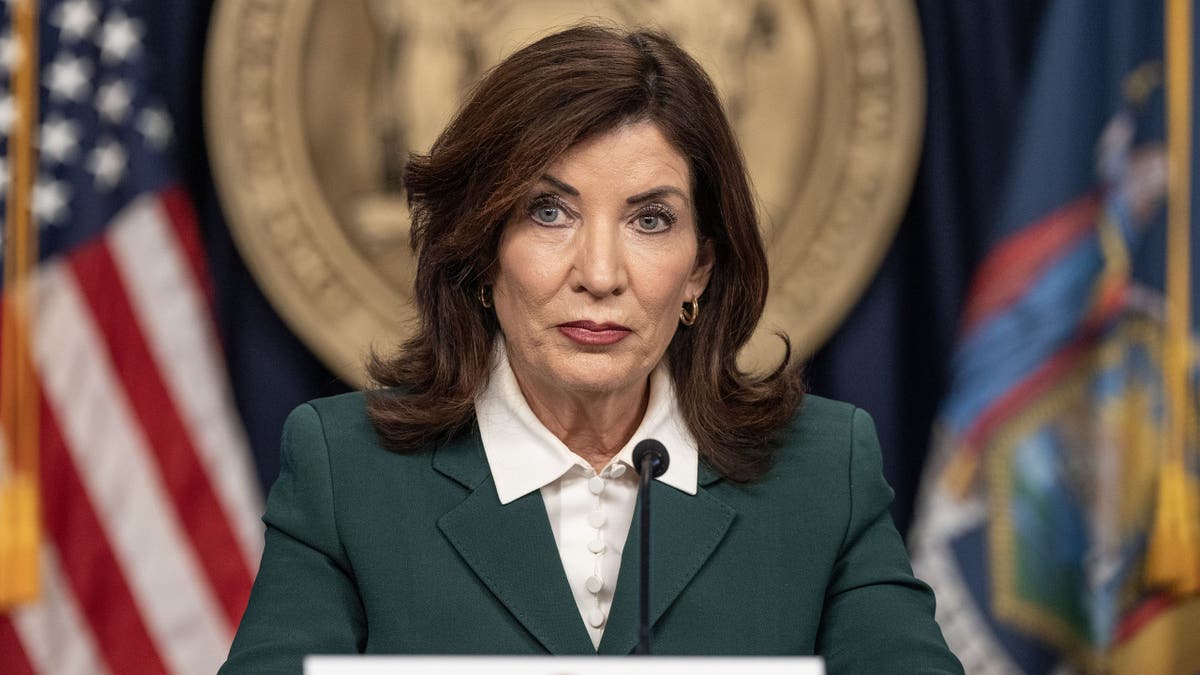New York's recently enacted Climate Change Superfund Act, spearheaded by Governor Kathy Hochul, has ignited a heated debate. The legislation aims to hold oil and gas companies accountable for their environmental impact by imposing up to $75 billion in charges for pollution dating back to 2000. These funds are earmarked for infrastructure projects aimed at mitigating weather-related damage.
While proponents laud the act as a crucial step toward environmental justice and fiscal fairness, critics argue that it will ultimately burden working families and businesses with increased energy costs. Some economists predict that these costs will be passed down to consumers, exacerbating the financial strain in an already expensive state.

Governor Hochul's move has been praised by environmental groups like the Natural Resources Defense Council, who see it as a vital mechanism for holding fossil fuel companies responsible for their contributions to climate change. However, industry experts and consumer advocates express concern that the act will stifle innovation and discourage businesses from operating in New York, potentially leading to an exodus of both companies and residents.
Critics like Jason Isaac, CEO of The American Energy Institute, argue that the act punishes the energy industry, which provides essential services to New Yorkers. He believes the focus should be on adapting to climate change rather than imposing punitive measures.
Economist Trisha Curtis echoes this sentiment, warning that the increased energy costs could have far-reaching economic consequences, making New York less competitive compared to other states.

O.H. Skinner of the Alliance for Consumers criticizes the bill as another example of government overreach, arguing that it will negatively impact the standard of living for ordinary Americans.
Fox News contributor David Webb also expressed skepticism, suggesting that the act preemptively deems energy companies guilty and will determine their penalties later. He characterized Governor Hochul as ideologically driven in her pursuit of this policy.
The Climate Change Superfund Act targets 38 companies identified as significant carbon emitters, including major oil corporations like Exxon, Chevron, Shell, and BP. Vermont is currently the only other state with similar legislation in place.

This new law follows another recent initiative by Governor Hochul to incentivize New Yorkers to replace their older appliances with more energy-efficient models through financial rebates. This combination of policies reflects a broader push towards greener practices in the state, but the long-term economic and social impacts remain to be seen.
Comments(0)
Top Comments